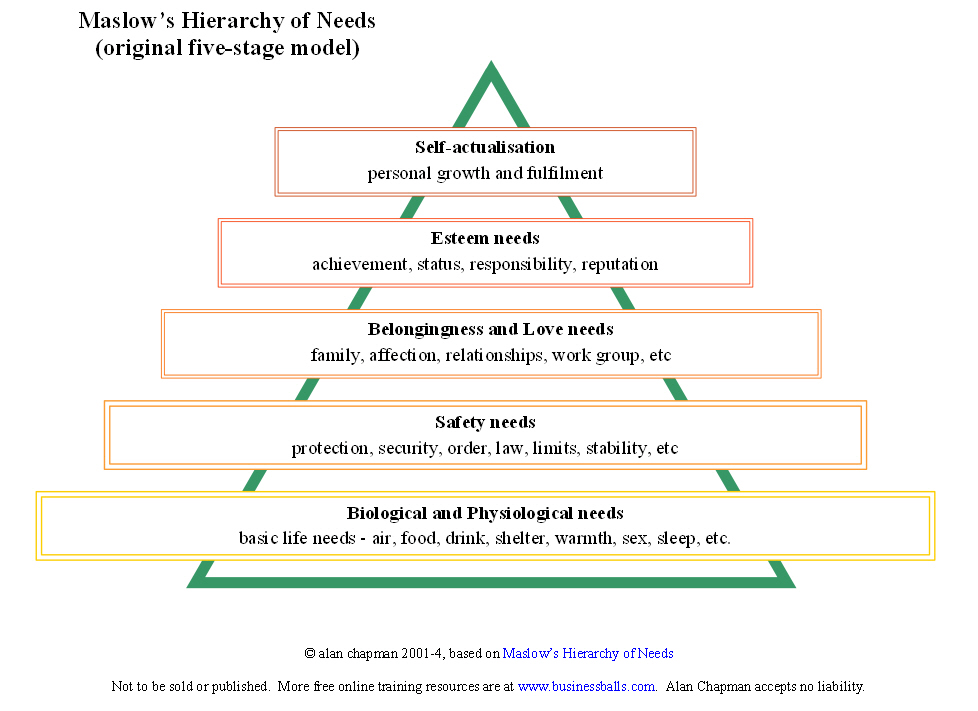
@thejohnrobson is an historian - as the child of two historians, I can understand what informs his perspective. When you have immersed yourself in the past and studied the thoughts, actions and results of those who shaped the past, it's natural to feel you've got a pretty solid understanding of how the world works.
The problem is that the world keeps changing; demographics, technology, urban density, cultural diversity and countless other factors become more complex and tweak the modern context. A feudal lord in 13th Century France could not have predicted The French Revolution any more than South African Doppers in the 1850s could have forseen the impact of Twitter on social communication and accountability.
As a student of history, though, I'm sure Robson is aware that "these kids just don't get it" is a theme that repeats regularly. In fact, it's often uttered by those folk clinging to a societal/economic model that's in the process of being replaced. It's a message that has been passed on to colonials (the Tea Party) women (Suffrage), African Americans (Civil Rights) and countless other groups since the discovery of the written word.
While there are certain realities that don't change, there are plenty that do. Booker T. Washington may have advised Presidents, but he could never have been one. Today, an African American does sit in the Oval Office. A century ago, it would have been impossible for Steven Fletcher to be an MP. It would equally have been impossible for deaf children to hear, women with fertility problems to have children, etc. etc.
Yes, many of the innovations that have facilitated social progression were discovered - but it took individuals with direction, the ability to connect the dots and the audacity of dreaming big to harness those fortuitous accidents and create opportunities (though perhaps he feels that Sun News was an accidental discovery).
Which is why I singled out Robson's quote about employees proving themselves to customers via management in particular. It's quite telling that, in using the burger joint as an example, Robson focuses on a product experience; customers want what they've ordered and expect their meal to taste good. Fast food joints are built on the mass production model - create lots of the same thing at a predictable level of quality and sameness using an assembly-line model of production. Theoretically, you should be able to get the exact same burger experience at a Harvey's in downtown Toronto as you do in Montreal or St. John's.
Under this model, it is indeed management that designs the process and the product; the role of employees is simply to follow the instructions, like an IKEA furniture kit. Whether you're making cars or t-shirts or burgers, the process is the same; employees are meant to fill functions, not add value.

In the Mass Production model, the actual producers (front line staff) weren't meant to interact with customers; the results of their labour was transferred to customers via management or sales teams. This is still often the case with rapid-turnaround burger joints; you don't go for the conversation, you go for the convenience. If there's a problem with anything, you ask to speak to the manager.
If you're looking for an experience, you'd go to a Starbucks.
Starbucks, that nesting ground for liberal arts types, maintains a focus on quality product (coffee) but has enhanced their model to provide a customer experience. It's the same with the Indigo/Chapters model - the instore experience is designed to encourage customers to linger, to see outlets as places to be as well as to buy. Part of this model has been to turn front-line staff functionaries into customer service agents; instead of proving themselves to customers via management, these staff are instead proving themselves to management via customers.
Sales agents still want to rack up their numbers, but there is no denying the promotional value of positive customer feedback to the boss. As there is so much more variety of product out there these days there's real value for a customer in communicating with front-line staff who can offer suggestions on choice, be it a burger, a coffee or a book. You can't communicate what you don't know - there's increased pressure on front-line staff to be well-rounded, to know how to read their customers and offer informed opinions.
But even this doesn't bring us up to the present, where employers are increasingly demanding their employees develop products and services, identify markets, make the sale and maintain the relationship. There's more to CRM, after all, than database management. When your frontline is constantly engaging with your customers, you need them to be in the right frame of mind, which is hard to maintain when you're treated like a widget or constantly in fear of reprimand.
Then there's the marketing side of the equation.
We've heard about employees fired for griping about work via social media - smart managers have twigged to the fact that happy, socially engaged employees are a fantastic source of free advertising. Promoting your employees over their social networks is also a quick and easy way to expand your reach and build brand loyalty in the most organic of ways.
There's a whole trend emerging of employers who have recognized the financial value of respecting and even empowering employees; it's good for them, for the customers they build relationships with and, as a result, for the company's bottom line.
Like it or not, that's where the trend lines are pointing. You can gripe that too many kids are being hand-held through education and are emerging with unrealistic expectations, but the fact is those expectations are increasingly being met, although admittedly not in every sector. In areas like manufacturing, you're still expected to take what you get and like it - just ask Wal-Mart employees in Bangladesh.
For an historian like Robson, though, none of this should really come as a surprise. As he points out, there was a time where very few citizens had the privilege (or wealth) to go to university; the same applies to education at large. As society grows more dense and the demands of an increasingly specialized and integrated economy grow more refined, we have a growing need for greater education and greater social awareness. You can't get a job anywhere in Canada if you have zero education, or secondary education - post-secondary education is just the latest addition.
If anything, the lesson history seems to be teaching us is that liberal arts are going to more, not less useful as we progress into the future.
UPDATE: I've already written on how cutting-edge companies like Environics are raising the bar in terms of work and workplace design; I came across this lovely promo video by H&K Toronto that provides another example. Employers that are relying on their employees to develop relations and create solutions rather than build widgets or serve burgers should pay attention - this is what the future looks like.
UPDATE: I've already written on how cutting-edge companies like Environics are raising the bar in terms of work and workplace design; I came across this lovely promo video by H&K Toronto that provides another example. Employers that are relying on their employees to develop relations and create solutions rather than build widgets or serve burgers should pay attention - this is what the future looks like.




This comment has been removed by the author.
ReplyDelete